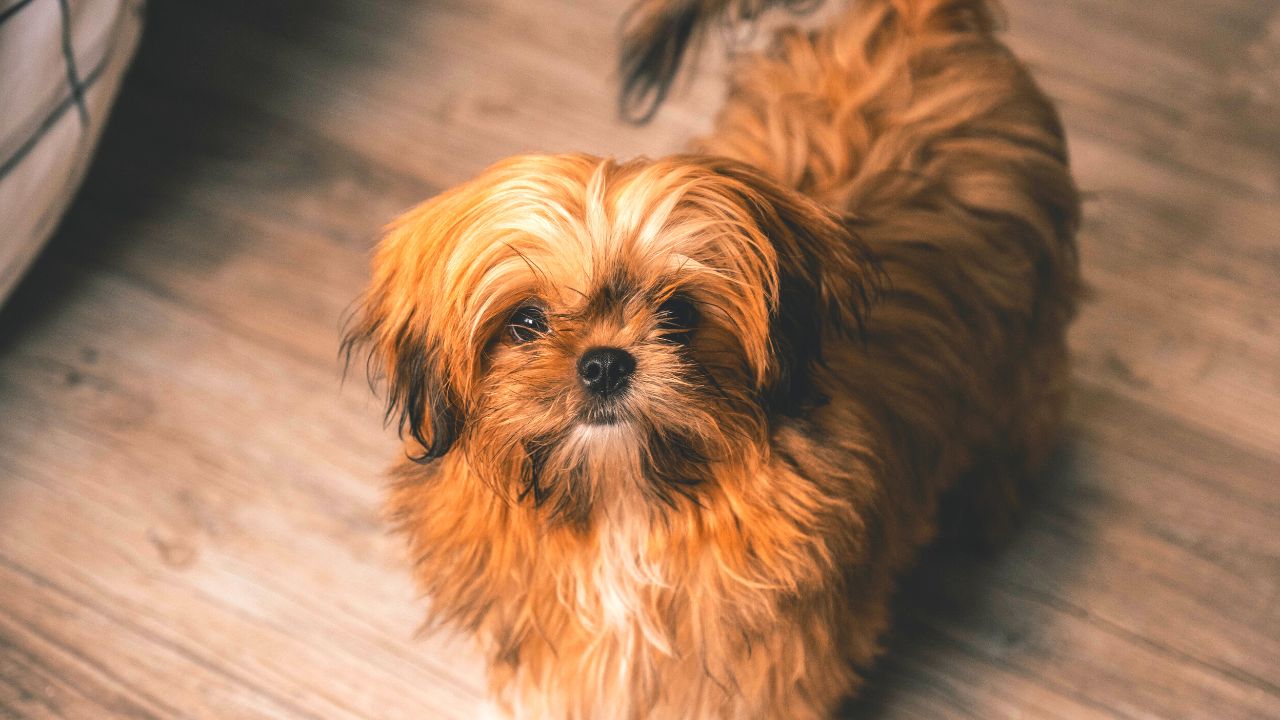
Table of Contents
The Shih Tzu is a small and affectionate dog breed that originated in China. They are known for their distinct appearance, with a long flowing coat, expressive eyes, and a friendly disposition. Shih Tzus are highly regarded as companion pets due to their charming personality and adaptability to various living situations.
Shih Tzu Dog Price in India
Shih Tzu dog price is Rs. 25,000 to 60,000 rupees in India
| City | Price Range (INR) |
|---|---|
| Shih Tzu Price in Delhi | Rs. 20,000 to Rs. 35,000 |
| Shih Tzu Price in Mumbai | Rs. 25,000 to Rs. 40,000 |
| Shih Tzu Price in Kolkata | Rs. 15,000 to Rs. 30,000 |
| Shih Tzu Price in Chennai | Rs. 18,000 to Rs. 35,000 |
| Shih Tzu Price in Bangalore | Rs. 20,000 to Rs. 35,000 |
| Shih Tzu Price in Hyderabad | Rs. 18,000 to Rs. 30,000 |
| Shih Tzu Price in Pune | Rs. 20,000 to Rs. 35,000 |
| Shih Tzu Price in Ahmedabad | Rs. 15,000 to Rs. 30,000 |
| Shih Tzu Price in Jaipur | Rs. 15,000 to Rs. 30,000 |
| Shih Tzu Price in Chandigarh | Rs. 18,000 to Rs. 35,000 |
| Shih Tzu Price in Kerala | Rs. 18,000 to Rs. 35,000 |
However, it’s important to note that prices can be higher for dogs with exceptional lineage, show quality, or specific colour patterns.
Factors Affecting Shih Tzu Price
Several factors influence the price of a Shih Tzu puppy in India. These factors include:
- Pedigree: Shih Tzus, with a well-documented lineage and show-winning parents, tends to have a higher price tag.
- Health and Vaccination Records: Puppies with up-to-date vaccination records and health clearances may cost more.
- Colour and Coat Quality: Shih Tzus with rare or desirable coat colours, such as liver or blue, may be priced higher.
- Breeder Reputation: Reputable breeders who prioritize the health and well-being of their puppies often charge more for their Shih Tzu puppies.
- Location: Prices can vary based on the region in India, with metropolitan areas usually having higher prices due to increased demand.
Shih Tzu Lifespan
The average lifespan of a Shih Tzu ranges from 10 to 16 years.
With proper care, nutrition, and regular veterinary check-ups, some Shih Tzus have been known to live even longer. It’s important to note that individual dogs may have different health conditions or genetic predispositions that can affect their lifespan.
Physical Appearance

Shih Tzus has a distinct and recognizable physical appearance. Here are some key characteristics of their appearance:
- Size: Shih Tzus are small dogs. They typically stand about 8 to 11 inches (20 to 28 centimeters) tall at the shoulder and weigh between 9 to 16 pounds (4 to 7 kilograms).
- Body: They have a sturdy, compact body with a level topline. Their bodies are longer than they are tall, giving them a rectangular shape.
- Head: Shih Tzus has a broad, round head with a relatively short muzzle. Their large, expressive eyes are usually dark and set wide apart. The eyes are one of their most distinctive features.
- Ears: They have pendulous, feathered ears that hang down close to the sides of their head. The hair on the ears is often long and silky.
- Coat: Shih Tzus has a double coat consisting of a soft, dense undercoat and a long, flowing outer coat. Their coat is one of their most striking features. It can be straight or slightly wavy and comes in a variety of colours, including gold, black, white, brindle, and various combinations and patterns.
- Tail: Their tail is plumed and carried over the back. It is usually held in a high curve, resting on the dog’s back.
- Facial Expression: Shih Tzus has a sweet and alert facial expression. Their faces often feature a short, pushed-in nose (brachycephalic) and a small, slightly undershot jaw.
| Attribute | Shih Tzu |
|---|---|
| Size | Small |
| Weight | 9 – 16 pounds (4 – 7.3 kg) |
| Height | 8 – 11 inches (20 – 28 cm) |
| Lifespan | 10 – 18 years |
| Breed Group | Toy |
| Coat | Long, flowing double coat |
| Coat Colors | Various colors, often multi-colored (e.g., white, black, gold, brindle) |
| Temperament | Affectionate, friendly, alert |
| Intelligence | Intelligent, can be stubborn |
| Energy Level | Moderate |
| Grooming Needs | High (regular brushing and grooming required) |
| Exercise Requirements | Low to moderate (short walks and playtime) |
| Training Suitability | Good for obedience training, but may be stubborn |
| Good with Children | Yes, if socialized early and supervised |
| Good with Other Pets | Generally good with other pets, especially if raised together |
| Apartment Living | Excellent choice for apartments |
| Health Concerns | Prone to certain health issues like brachycephalic syndrome, hip dysplasia, and dental problems |
Caring for a Shih Tzu
Caring for a Shih Tzu involves providing them with proper nutrition, exercise, grooming, and regular veterinary care. Here are some essential aspects to consider:
Nutrition
A balanced and nutritious diet is crucial for the health and well-being of your Shih Tzu. Feed them high-quality dog food that meets their specific nutritional requirements. It’s important to consult with your veterinarian to determine the appropriate diet and portion sizes for your Shih Tzu.
- Balanced Diet: Feed your Shih Tzu a high-quality commercial dog food formulated for small breeds.
- Portion Control: Measure your Shih Tzu’s food portions to prevent overfeeding and maintain a healthy weight.
- Avoid Table Scraps: Human food can be harmful to dogs, so avoid giving table scraps to your Shih Tzu.
- Fresh Water: Provide your Shih Tzu with fresh and clean water at all times.
- Dietary Restrictions: If your Shih Tzu has any specific dietary restrictions or allergies, consult with your veterinarian for appropriate food choices.
Exercise
Despite their small size, Shih Tzus still require regular exercise to maintain their physical and mental well-being. Daily walks, interactive play sessions, and mental stimulation activities can help keep your Shih Tzu happy and healthy.
- Daily Walks: Take your Shih Tzu for daily walks to fulfill their exercise needs and provide mental stimulation.
- Playtime: Engage your Shih Tzu in interactive play sessions with toys to keep them active and entertained.
- Indoor Activities: On days when outdoor exercise is not possible, engage your Shih Tzu in indoor activities like puzzle toys or obedience training.
Grooming
The Shih Tzu’s long, flowing coat requires regular grooming to prevent matting and keep it looking its best. Daily brushing, occasional bathing, and regular visits to a professional groomer are necessary to maintain their coat’s health and appearance.
Grooming is an essential aspect of Shih Tzu ownership. To maintain their beautiful coat and overall health, here are some grooming tips:
- Brushing: Regularly brush your Shih Tzu’s coat to prevent matting and remove loose hairs.
- Bathing: Bathe your Shih Tzu every three to four weeks using a mild dog shampoo.
- Coat Trimming: Keep your Shih Tzu’s hair trimmed to a manageable length to avoid tangling and matting.
- Facial Care: Clean the area around the eyes and ears to prevent tear staining and infections.
- Nail Trimming: Trim your Shih Tzu’s nails regularly to maintain proper foot health.
- Dental Care: Brush your Shih Tzu’s teeth regularly to prevent dental problems.
Veterinary Care
Regular veterinary check-ups are essential to monitor your Shih Tzu’s overall health, administer vaccinations, and address any potential health issues promptly. Vaccinations, parasite prevention, dental care, and spaying/neutering are all important aspects of routine veterinary care.
While generally healthy, Shih Tzus can be prone to certain health issues. Understanding these concerns and taking preventive measures can help keep your Shih Tzu in good health. Some common health issues in Shih Tzus include:
- Brachycephalic Airway Syndrome: Shih Tzus has a short muzzle, which can lead to breathing difficulties.
- Eye Problems: Shih Tzus are prone to eye infections, corneal ulcers, and progressive retinal atrophy.
- Dental Disease: Regular dental care is essential to prevent periodontal disease in Shih Tzus.
- Patellar Luxation: This condition involves the dislocation of the kneecap and may require surgical intervention.
Shih Tzu Training: Basic Commands and Tips
Training your Shih Tzu is essential for their well-being and your peace of mind. Here are some basic commands and training tips to get you started:
- House Training: Establish a consistent routine and use positive reinforcement to house-train your Shih Tzu.
- Sit: Teach your Shih Tzu to sit on command by offering treats and praise as rewards.
- Stay: Train your Shih Tzu to stay in one place until released using verbal cues and rewards.
- Recall: Teach your Shih Tzu to come when called by using their name and positive reinforcement.
- Leash Training: Introduce your Shih Tzu to a leash gradually, rewarding them for walking calmly beside you.
Shih Tzu Temperament: Understanding Their Personality
Shih Tzus are known for their affectionate and friendly nature. Understanding their temperament will help you build a strong bond with your Shih Tzu. Here are some key traits of the Shih Tzu personality:
- Affectionate: Shih Tzus love being around their owners and thrive on attention and affection.
- Playful: Despite their small size, Shih Tzus has a playful nature and enjoys interactive activities.
- Alert: Shih Tzus are alert dogs and make excellent watchdogs, barking to alert their owners of any potential threats.
- Independent: While they enjoy human companionship, Shih Tzus also has an independent streak and may exhibit stubbornness at times.
Socializing Your Shih Tzu: Importance and Tips
Socialization is crucial for Shih Tzus to develop good behaviour and adapt to different environments. Here are some tips for socializing your Shih Tzu:
- Early Exposure: Introduce your Shih Tzu to various people, animals, and environments from an early age.
- Positive Experiences: Ensure that your Shih Tzu has positive experiences during socialization, using treats and praise as rewards.
- Obedience Training: Enroll your Shih Tzu in obedience classes to learn proper behaviour and socialize with other dogs.
Shih Tzu and Children: Compatibility and Safety
Shih Tzus can make great companions for children, but it’s essential to teach children how to interact with dogs safely. Here are some considerations when introducing Shih Tzus to children:
- Supervision: Always supervise interactions between Shih Tzus and young children to prevent accidents or unintentional harm.
- Teach Gentle Handling: Teach children to handle Shih Tzus gently, avoiding rough play or pulling on their ears or tail.
- Educate About Boundaries: Teach children to respect the Shih Tzu’s personal space and avoid bothering them while eating or sleeping.
Shih Tzu and Other Pets: Introducing Them Successfully
If you have other pets at home and plan to introduce a Shih Tzu, proper introductions are essential for a harmonious household. Here are some tips for introducing a Shih Tzu to other pets:
- Controlled Environment: Initially, introduce the pets in a controlled and neutral environment, such as a park or on neutral territory.
- Supervision: Always supervise interactions between the Shih Tzu and other pets until they become comfortable with each other.
- Gradual Introductions: Allow gradual introductions and give each pet its own space to retreat when needed.
Travelling with a Shih Tzu: Tips and Precautions
If you plan to travel with your Shih Tzu, ensuring their safety and comfort is important. Here are some tips for travelling with a Shih Tzu:
- Secure Travel Carrier: Use a secure and well-ventilated carrier to transport your Shih Tzu in a car or on an aeroplane.
- Familiar Items: Bring along familiar items, such as their bed or favourite toys, to provide comfort during the journey.
- Frequent Breaks: Take regular breaks during car trips to allow your Shih Tzu to stretch their legs, go to the bathroom, and have a drink of water.
Pros and Cons of a Shih Tzu Dog
Pros
- Suitable for apartment living or homes with limited space
- Affectionate, smart, and loyal
- Good with families
- Low exercise requirements
- Shih Tzus have hair instead of fur, which means they shed less
Cons
- Requires regular grooming
- Prone to health issues
- Shih Tzus can be VERY stubborn
- Bark a lot at guests
FAQs
Are Shih Tzus hypoallergenic?
No, Shih Tzus are not considered hypoallergenic dogs. However, they have hair rather than fur, which may cause fewer allergies in some individuals.
How often should I groom my Shih Tzu?
Shih Tzus requires regular grooming, including daily brushing and periodic professional grooming sessions every 4 to 6 weeks.
Are Shih Tzus good with kids?
Yes, Shih Tzus can be good companions for kids. However, supervision is necessary to ensure gentle interactions and prevent accidents.
Can Shih Tzus be left alone for long periods?
Shih Tzus are social dogs and prefer not to be left alone for extended periods. It’s recommended to provide them with companionship or arrange for a pet sitter or doggy daycare when you’re away.
Are Shih Tzus prone to any health problems?
Shih Tzus are prone to certain health issues, including brachycephalic airway syndrome, eye problems, dental disease, and patellar luxation. Regular veterinary check-ups and preventive care are essential.
Does Shih Tzus shed a lot?
Shih Tzus has hair that grows continuously, similar to human hair. While they don’t shed excessively, regular brushing is necessary to prevent matting and keep their coat in good condition.
How much exercise does Shih Tzus need?
Shih Tzus requires daily exercise in the form of walks and playtime. Aim for at least 20-30 minutes of exercise each day to keep them physically and mentally stimulated.
I am a pet expert dealing with Cats, Dogs, Birds, Rabbits and Aquarium fish for the last 10 years. Now it is time to share my knowledge with you. I am very passionate about sharing everything that I learned so far about pet care. Watch my Youtube channel Petfather

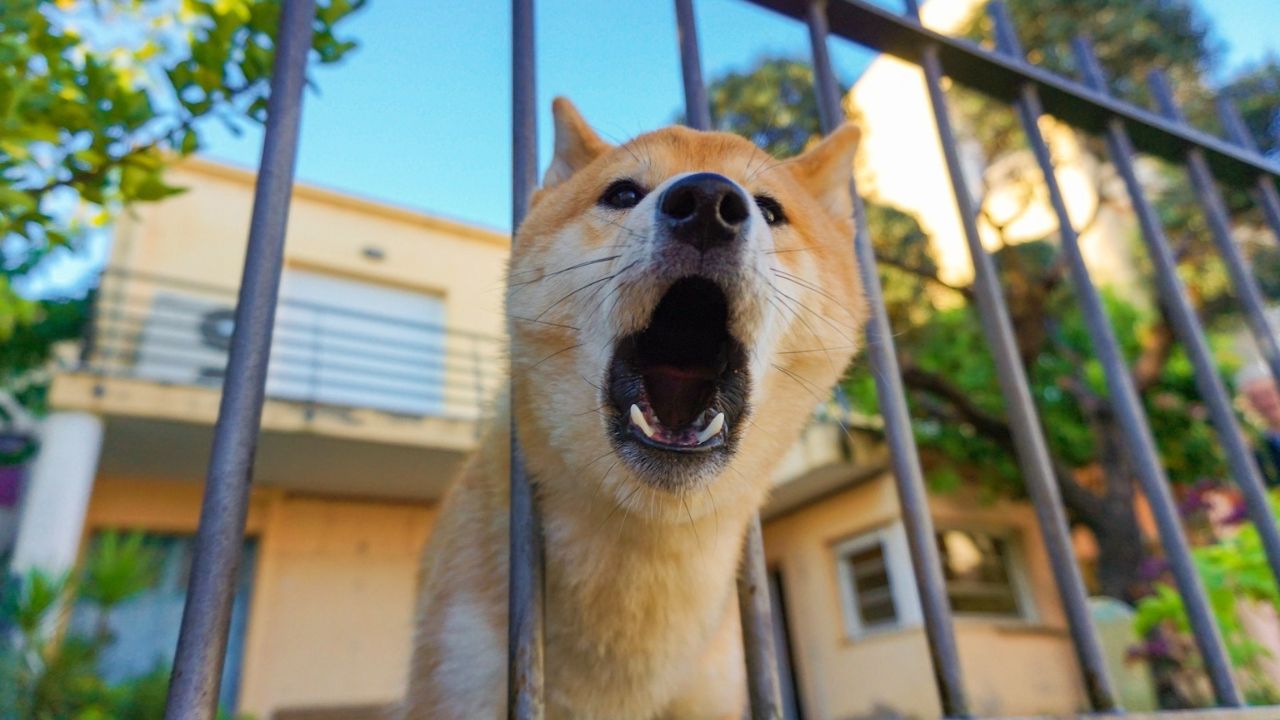
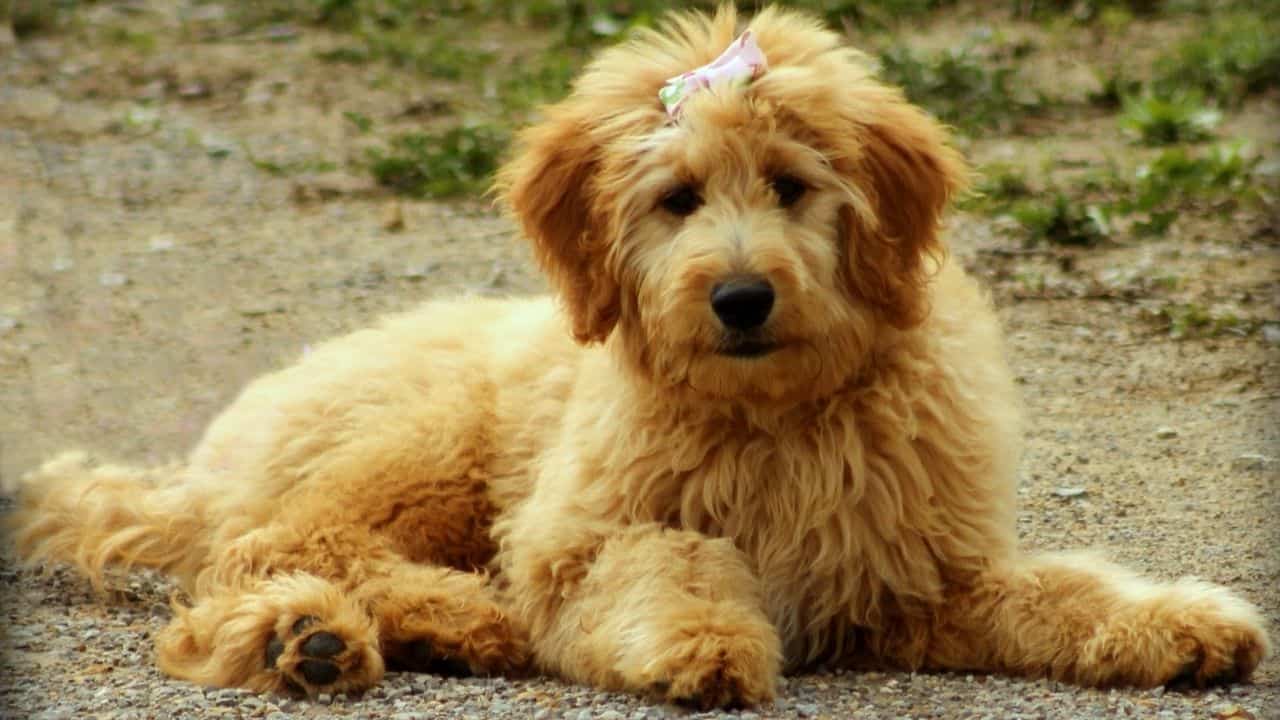
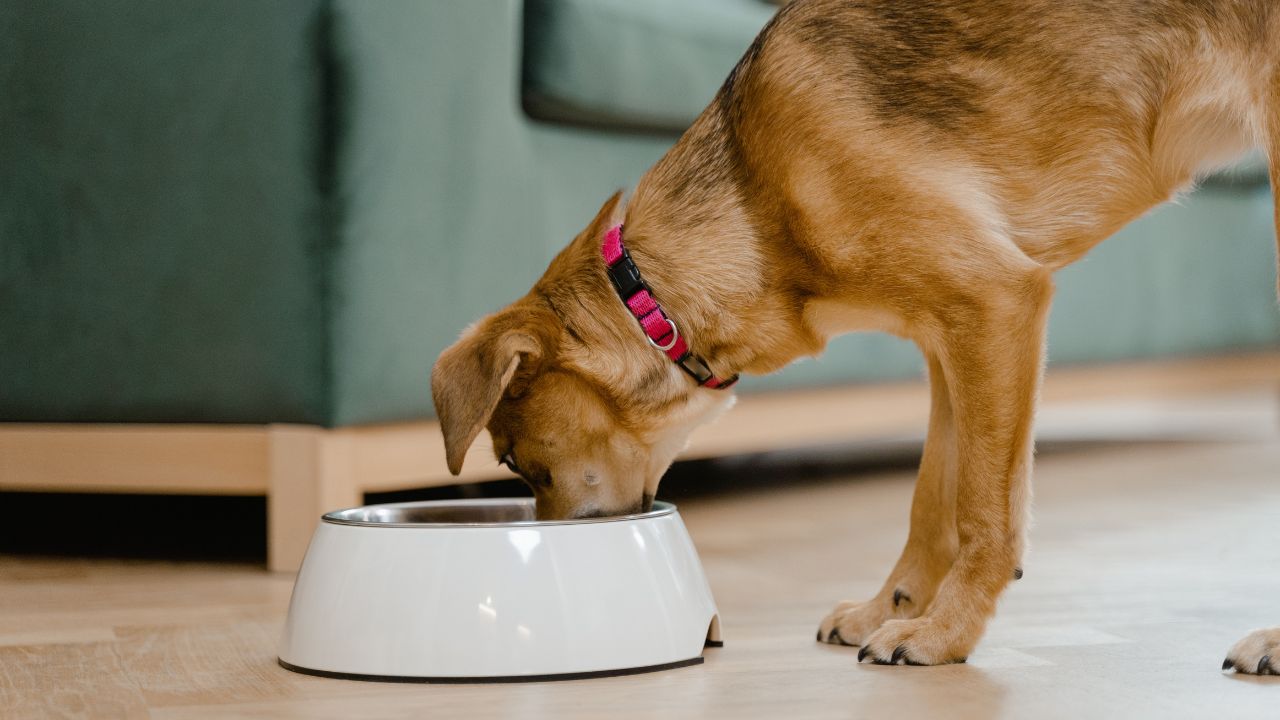

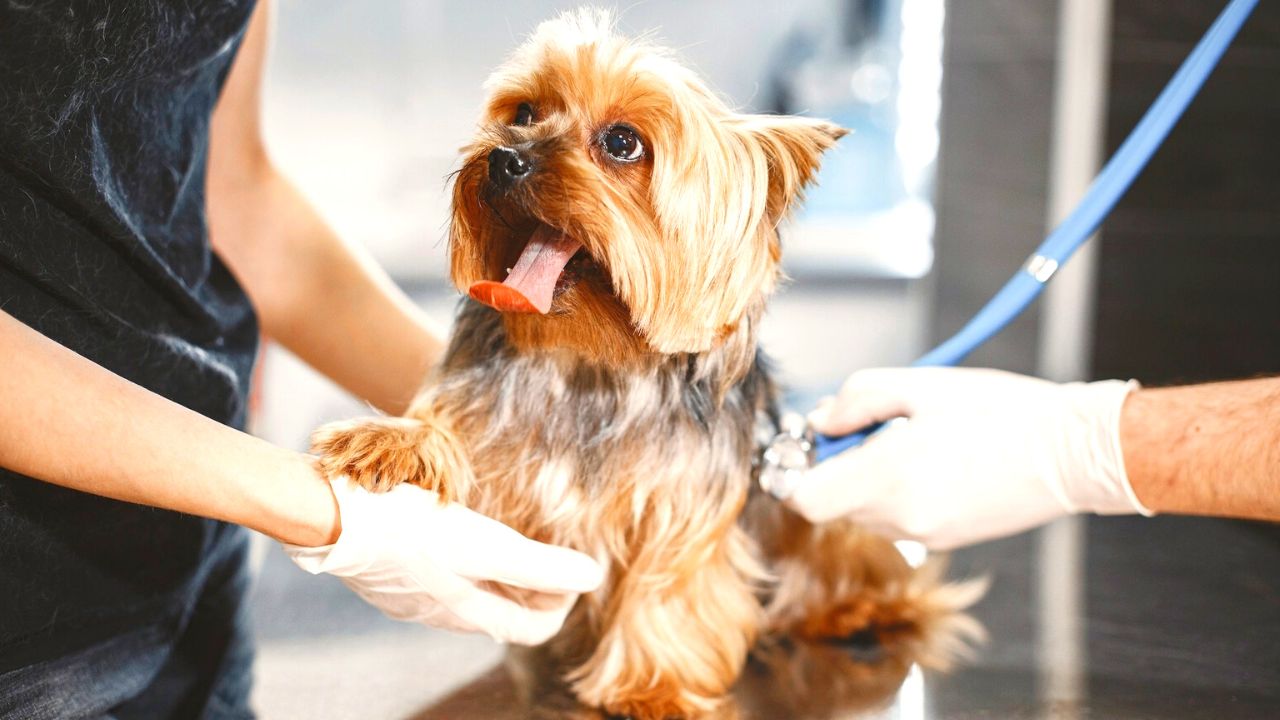
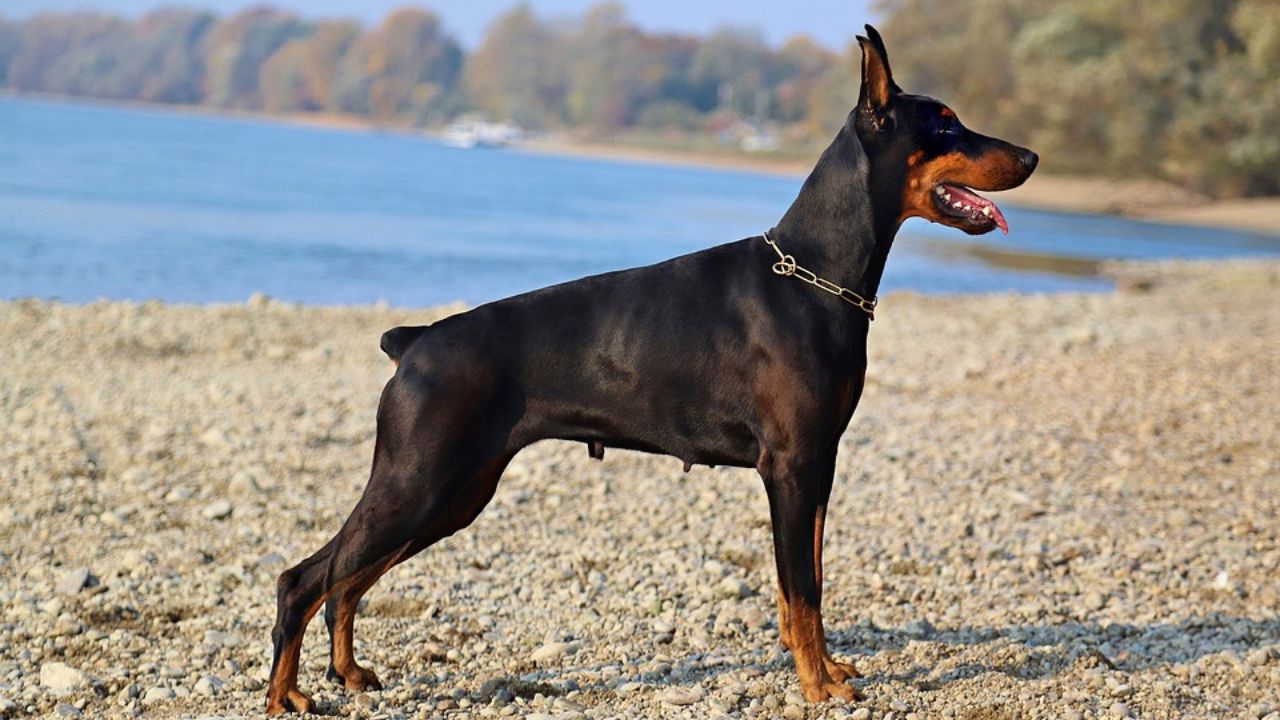
One Comment